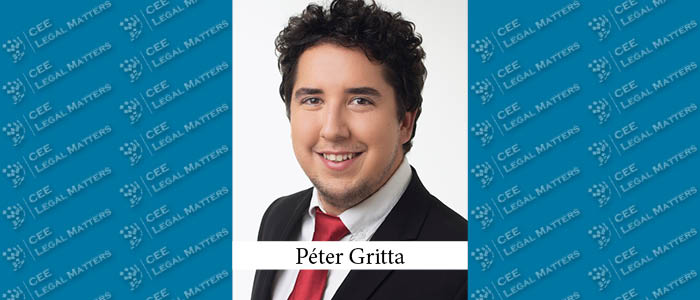Do employers have to pay for overtime if it was not expressly ordered by them? Can employers legally exclude in company documents the payment for overtime performed without their consent? In our article we examine these issues based on the case law of Hungarian labour courts.
A “grey zone” in Hungarian labour law
It goes without saying that if the employer orders overtime for the employees, it has to pay wage for the extra work, including the wage supplement. But what is the case wen employees work outside their working hours without the employer's instructions to do so?
Is it overtime under Hungarian labour law if the employer does not expressly order extra work, but is aware of the work exceeding normal working hours, without raising any objection? If so, can the employer lawfully exclude payment for tacitly approved overtime in its documents, internal policies.
The Hungarian Labour Code (hereinafter “LC”) is based on the situation when the overtime is ordered by the employer expressly, the LC does not address the question of tacit approval.
However, this issue has arisen in front of Hungarian labour courts in the last decades.
Tacit approval in Hungarian case law
According to case law, it is also considered as overtime if the employee, in the absence of an express instruction from the employer, performs work in the manner expected or acknowledged by the employer during a period that would otherwise qualify as extraordinary working time, provided that the work is done in the interest of the employer, and it is necessary.
The labour court highlighted that the absence of an express instruction is irrelevant, in case the employer is i) aware of the extra work and ii) it is necessary and justified in the employer's interest.
It is also worth noting that, based on the Hungarian judicial practice, overtime cannot be completely excluded even in case of employees with flexible working arrangement, e.g. executive employees, although it is much more difficult for such employees to prove their claim for overtime due to the lack of working time records.
Excluding tacit approval in company documents?
Given that overtime is possible without the employer ordering it, the next question is obvious: can the employer lawfully exclude tacit approval by stating that overtime cannot be performed without its express consent?
We once again rely on case law: in a precedent case, the court found that extra work cannot be considered as overtime if the employer had expressly instructed the employee not to perform it.
The question is whether the employer fulfils the “express instruction” by generally prohibiting the performance of overtime without the employer’s consent in the employment contract or in binding company policy, or the prohibition must be individual in each case, to avoid overtime payment.
In our opinion, the prohibition in a formal, general manner in company documents cannot exclude the tacit approval, if the employer does not prevent employees from working overtime in practice. Other interpretation would be against labour law principles, such as bona fide and the proper exercise of rights.
Conclusion
Summarizing the above, Hungarian labour law considers it overtime if the employer does not expressly order extra work, but he is aware of the work exceeding normal working hours and does not object to it, provided that the work is done in the interest of the employer.
The possibility of tacit approval cannot be generally excluded by the employer, the employer may only avoid overtime payment for extra work not ordered by him in case he instructed the employee in the specific case not to perform the work in question
By Peter Gritta Attorney-at-law, SmartLegal Schmidt & Partners



